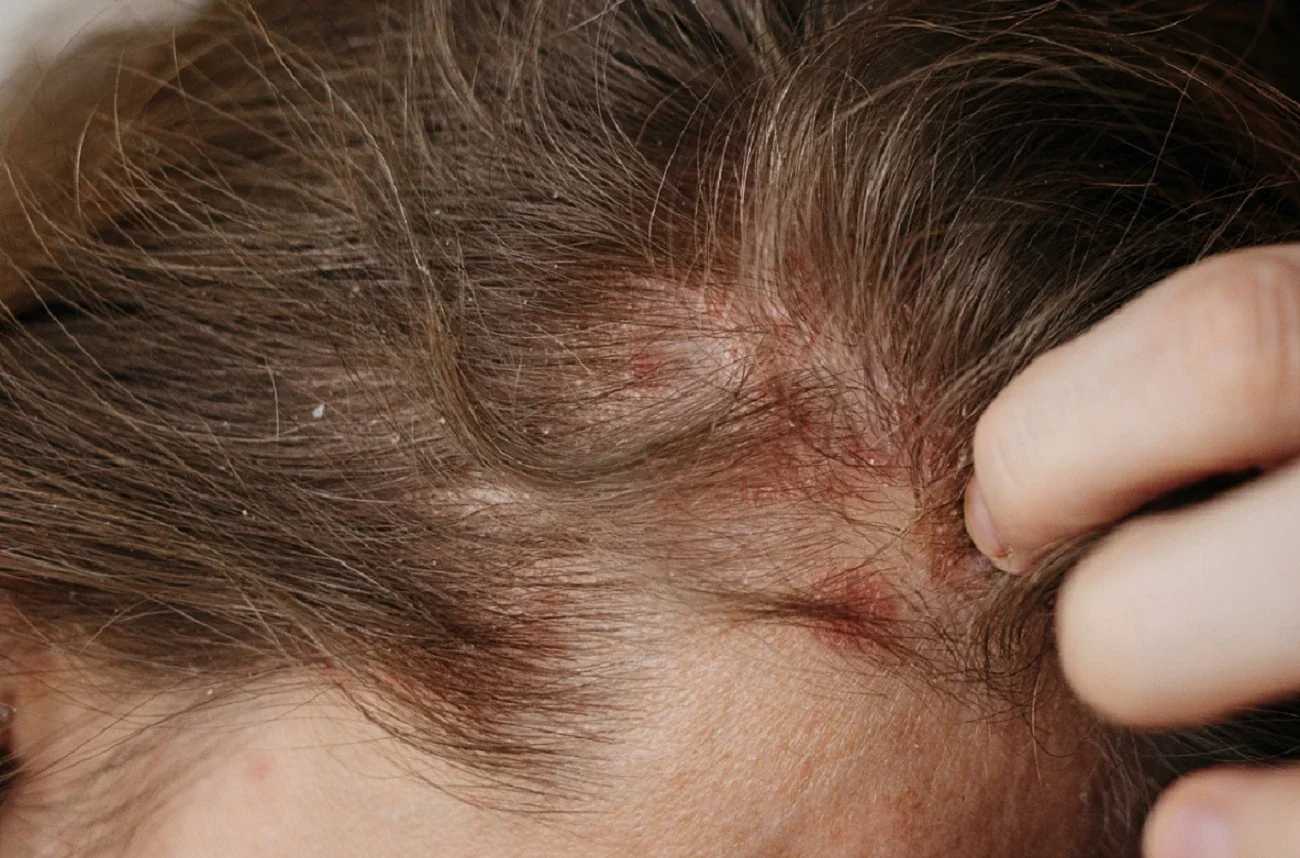Introduction
Scalp eczema can be a frustrating condition, often leading to hair thinning if left untreated. But what exactly causes this, and how can it be managed? Eczema is also known as (atopic dermatitis) In this article, we’ll dive deep into the connection between scalp eczema and hair thinning, uncovering the reasons behind it and exploring effective treatment options. By understanding this relationship, you’ll be better equipped to care for your scalp and hair health.
What is Scalp Eczema?
Scalp eczema, also known as seborrheic dermatitis, is a chronic skin condition that affects the scalp. It’s characterized by redness, itching, and flaky skin, making it not only uncomfortable but also challenging to manage.
Causes of Scalp Eczema
Genetic Factors
Family history plays a significant role in the development of scalp eczema. If your parents or siblings have eczema, you’re more likely to experience it too.
Environmental Triggers
Changes in weather, humidity, and exposure to irritants like pollution can exacerbate scalp eczema.
Allergic Reactions
Certain allergens, such as harsh hair products or fragrances, can trigger eczema flare-ups.
Common Symptoms
Redness and Itching
One of the first signs of scalp eczema is persistent redness and an uncontrollable urge to scratch.
Flaky or Scaly Skin
This symptom is often mistaken for dandruff but is usually more severe in eczema cases.
Inflammation
Inflamed skin can lead to discomfort and create an environment unsuitable for healthy hair growth.
How Scalp Eczema Impacts Hair Health
Disruption of Hair Follicles
Inflamed scalp skin can block hair follicles, reducing their ability to produce healthy strands.
Persistent Inflammation
Chronic inflammation weakens hair roots, making them more prone to falling out.
Stress and Its Role in Hair Thinning
Living with scalp eczema can be stressful, and stress itself can contribute to hair thinning.
Connection Between Scalp Eczema and Hair Thinning
Understanding the Eczema Hair Thinning Cycle
Scalp eczema causes irritation and inflammation, which leads to scratching. This scratching damages hair follicles, resulting in hair thinning over time.
Role of Scratching and Hair Damage
Excessive scratching not only damages the scalp but also weakens hair strands, accelerating hair loss.
Diagnosing Scalp Eczema and Hair Thinning
Signs to Watch For
If you notice excessive flaking, redness, or hair thinning, it might be time to consider scalp eczema as a potential cause.
Consulting a Dermatologist
A dermatologist can provide a proper diagnosis and recommend targeted treatments to manage both eczema and hair thinning.
Treatment Options for Scalp Eczema and Hair Thinning
Medical Treatments
Topical Steroids
These can reduce inflammation and provide relief from itching.
Antifungal Shampoos
Specialized shampoos can address the fungal component of scalp eczema.
Prescription Medications
In severe cases, oral medications may be necessary to control symptoms.
Lifestyle Changes
Using a Fragrance-Free Shampoo
Switching to a fragrance-free shampoo can help prevent irritation and manage scalp eczema effectively.
Stress Management Techniques
Practicing mindfulness, yoga, or other stress-relief activities can reduce flare-ups.
Natural Remedies
Aloe Vera and Tea Tree Oil
These natural ingredients have soothing and antifungal properties that can alleviate symptoms.
Omega-3 Fatty Acids
Incorporating omega-3s into your diet can help reduce inflammation and promote scalp health.
Preventing Scalp Eczema and Hair Thinning
Healthy Hair Care Practices
Regularly cleansing your scalp with gentle products and avoiding harsh chemicals can prevent flare-ups.
Avoiding Known Triggers
Identify and steer clear of irritants like certain hair products or environmental factors that worsen your symptoms.
When to Seek Professional Help
Warning Signs of Severe Eczema Hair Thinning
If your hair loss is sudden or accompanied by intense discomfort, seek medical advice immediately.
Importance of Early Intervention
Early treatment can prevent further hair loss and improve your quality of life.
Conclusion
Scalp eczema and hair thinning are interconnected conditions that require a comprehensive approach to management. By understanding the causes, recognizing symptoms, and exploring effective treatments, you can take control of your scalp health. Don’t let eczema hair thinning hold you back—start taking steps today to restore your confidence and well-being.
FAQs
1. Can scalp eczema be completely cured?
While there is no permanent cure for scalp eczema, it can be managed effectively with the right treatments and lifestyle adjustments.
2. How long does it take for hair to grow back after treatment?
Hair regrowth can take several months, depending on the severity of hair thinning and the effectiveness of the treatment.
3. Is atopic dermatitis hair thinning permanent?
In most cases, hair thinning caused by scalp atopic dermatitis is reversible with proper treatment and care.
4. Are there any foods that can worsen scalp eczema?
Foods that trigger allergies or inflammation, such as dairy or processed foods, can exacerbate symptoms in some individuals.
5. What are the best shampoos for managing scalp eczema?
Look for gentle, fragrance-free shampoos with antifungal properties to soothe your scalp and reduce irritation.
To read more articles click here.
